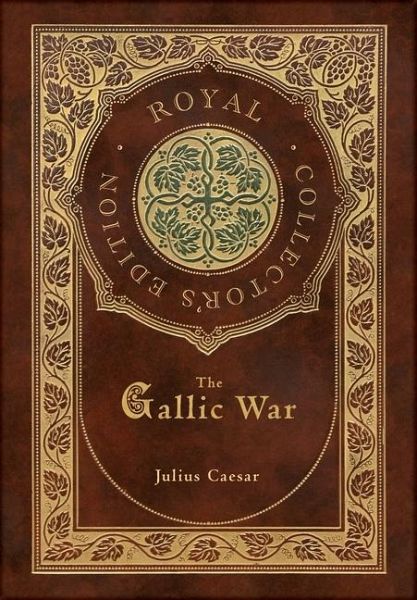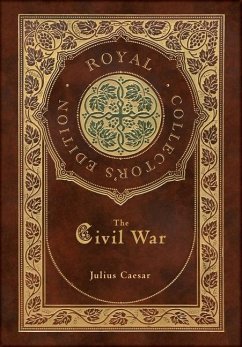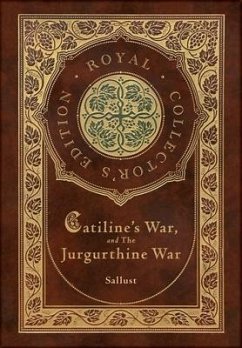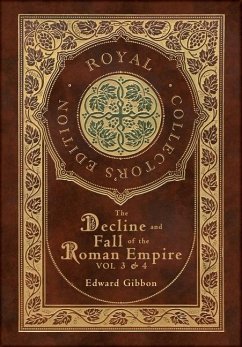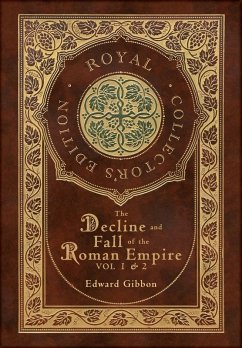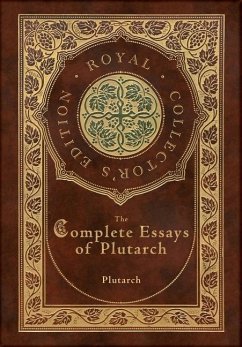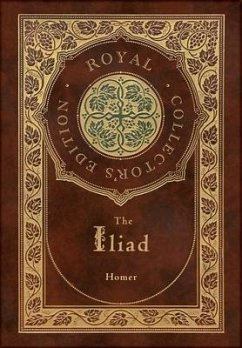Gaius Julius Caesar was a prominent Roman general and statesman born on July 12, 100 BC. His political career reached its zenith when he formed the First Triumvirate with Crassus and Pompey in 60 BC. This alliance allowed him to gain considerable political power, opposed by many in the Senate such as Cato the Younger, with Cicero's private support. Caesar's military prowess was demonstrated during the Gallic Wars, where he expanded Roman territories significantly and undertook ventures such as invading Britain and building a bridge across the Rhine. These successes eventually overshadowed Pompey, who had turned to the Senate for support. In 49 BC, defying the Senate's orders to disband his army, Caesar famously crossed the Rubicon, initiating a civil war against Pompey and his allies, which he won, thus consolidating his power.By 45 BC, Caesar was the uncontested leader of Rome, initiating vast social and governmental reforms including the introduction of the Julian calendar and extending Roman citizenship. He also launched extensive building projects and land reforms to benefit his veterans. In 44 BC, he was declared dictator for life, a decision that led to his assassination on March 15 of the same year by a group of senators including Brutus and Cassius. This event sparked a series of civil wars, ultimately leading to the collapse of the Roman Republic. Caesar's legacy continued through his great-nephew and adopted heir, Octavian (later Augustus), marking the transition from Republic to Empire. Caesar's life and achievements have been extensively documented not only in his own writings but also through works by Cicero, Sallust, Suetonius, and Plutarch, making him a perennial figure in historical and cultural studies.
